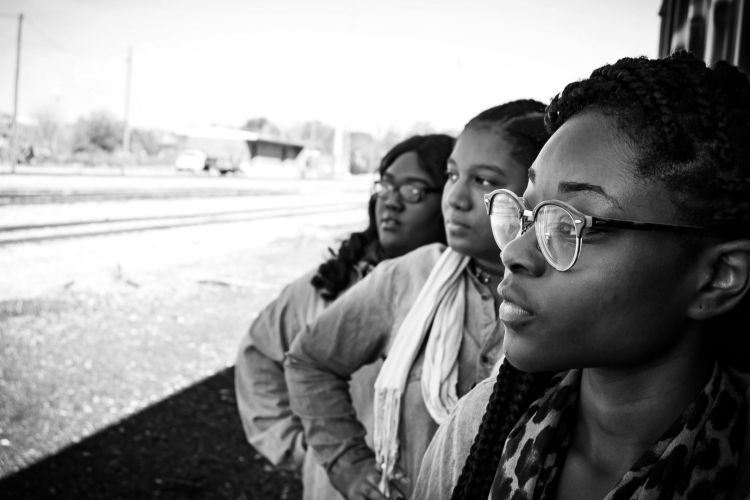Violence, Exploitation, and Trafficking of Youth

Exposure to violence, exploitation, and trafficking can have a serious, long-term impact on individuals, families, and communities. These types of traumatic experiences can lead youth to experience developmental, mental health, and physical health challenges, as well as difficulty forming trusting relationships. This is particularly true for youth and young adults who are disconnected from families and positive support systems. Research shows that the following risk factors place young people at increased risk of becoming victims of sexual exploitation and trafficking:
- history of physical and/or sexual abuse
- living in extreme poverty
- history of parental or personal drug and alcohol abuse
- running away or experiencing homelessness
- involvement in the child welfare or juvenile justice system
- having lost a parent due to death, divorce, or abandonment
Additionally, runaway, homeless, or street-living youth, youth of color, and lesbian, gay, bisexual, transgender and queer or questioning (LGBTQ) youth are disproportionately represented within the population of trafficking survivors.
The dynamics of interpersonal violence, exploitation, and trafficking are complex. Therefore, services should be responsive to the holistic needs of victims/survivors, and should consider their individual strengths, socio-cultural identities, values, and experiences.
Learn more about how Youth Collaboratory prevents and ends exposure to violence, exploitation, and trafficking through specialized services for youth impacted by commercial sexual exploitation and preventing sex trafficking of Black girls.


